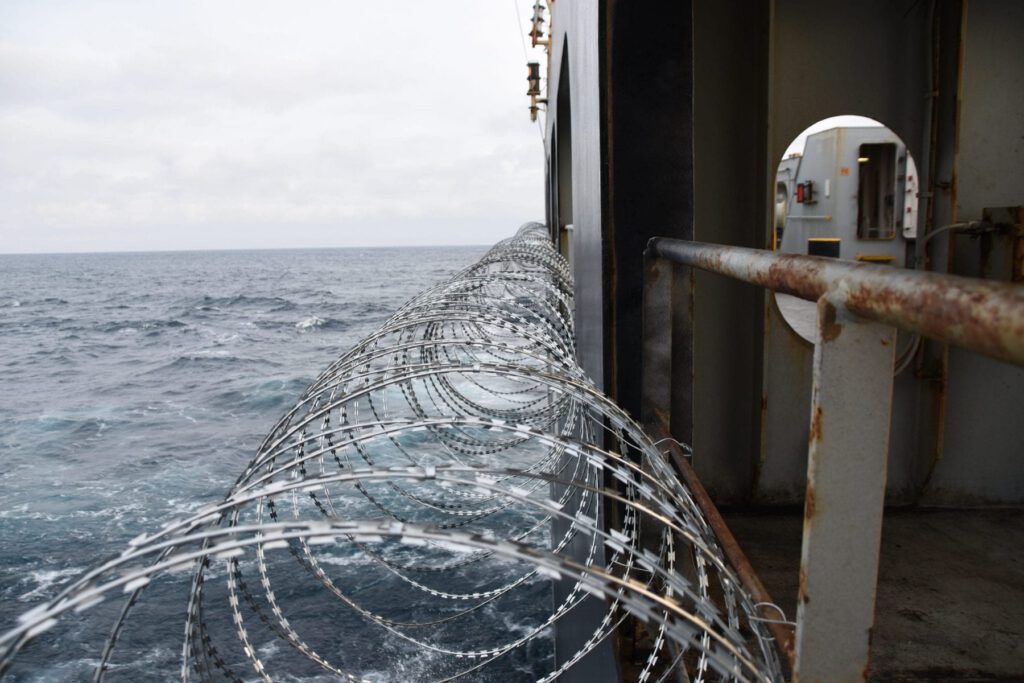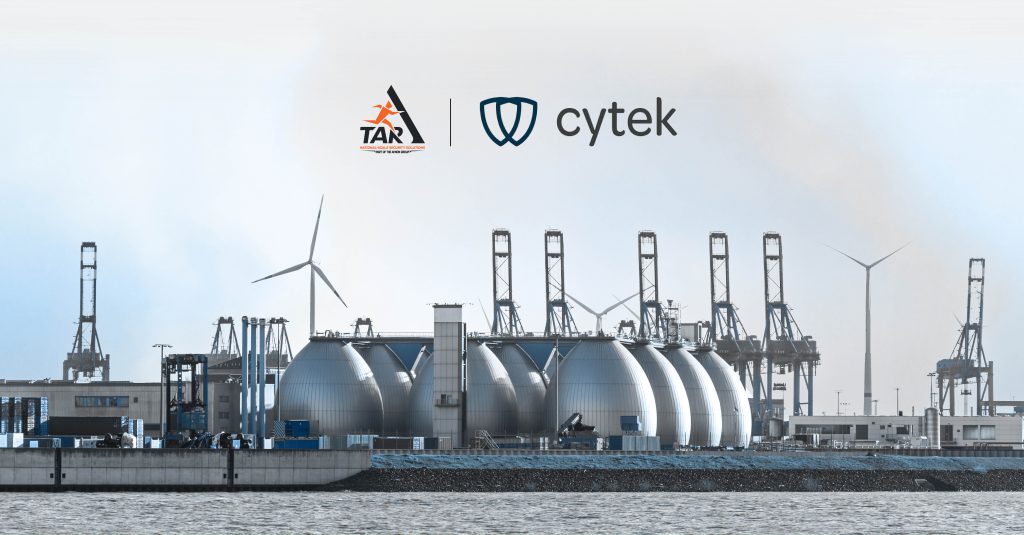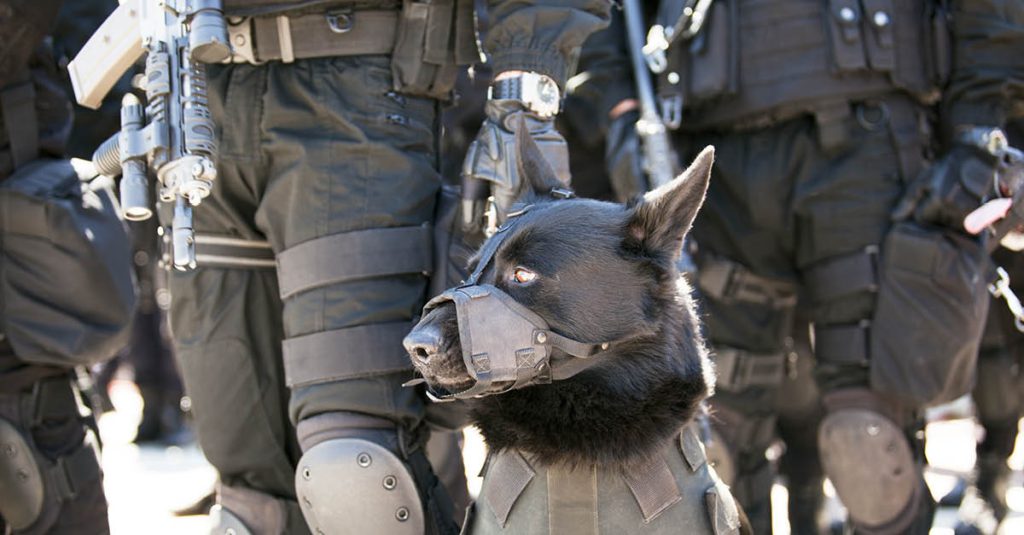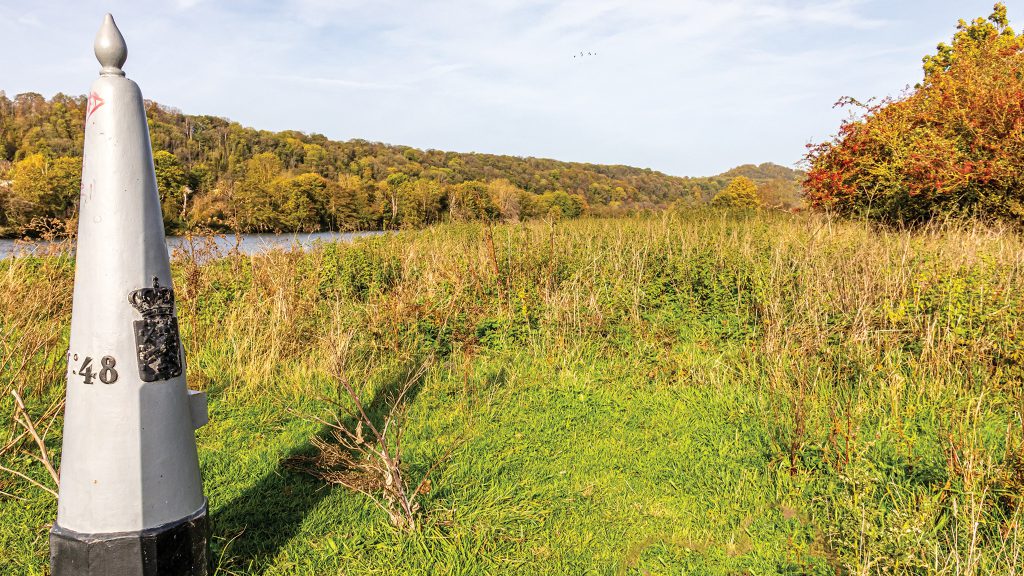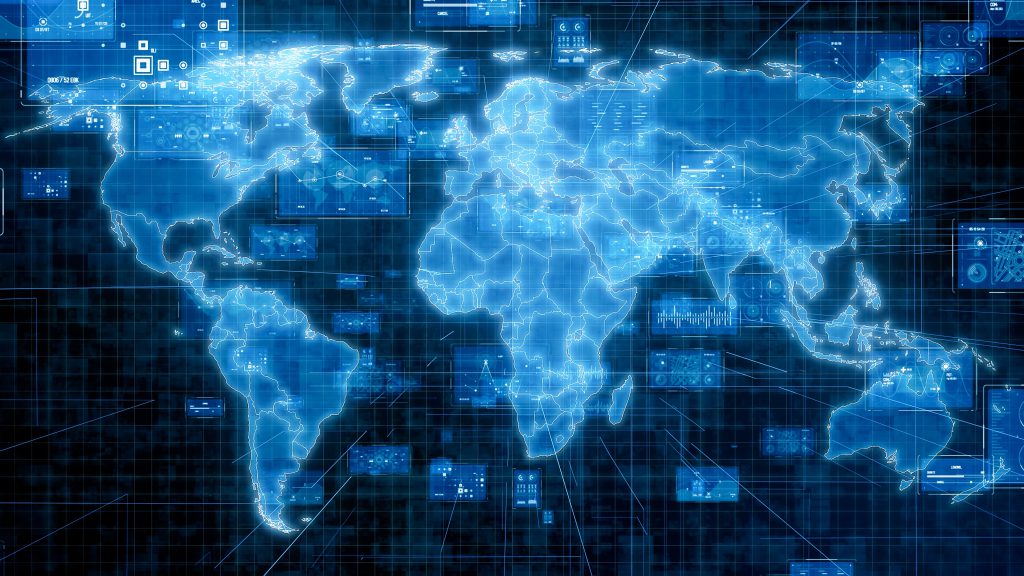The sea is a potential haven for criminals and terrorists to act unopposed by military or law enforcement efforts.
Highly-skilled pirate gang activity, armed robbery and financially-motivated kidnap-for-ransom schemes offshore are some of the maritime industries’ modern-day challenges, especially off the West African coast.
On January 23, 2021 a Turkish cargo ship sailing from Lagos port to Cape Town was boarded by Nigerian pirates, over 100 miles northwest of the Gulf of Guinea, resulting in casualties and significant financial loss.
The shipping industry’ and the general public are reminded continuously by such events of the significant dangers and the potential loss of human life and property.
![The Gulf of Guinea is the most dangerous sea in the world for piracy, according to the International Maritime Bureau [File: Armando Franca/AP]](https://www.aljazeera.com/wp-content/uploads/2021/01/AP_061116044639.jpg?resize=770%2C513)
Although many incidents occur in the Gulf of Guinea, South-East Asia and the Western Indian Ocean, piracy against vessels is not restricted to these known ‘high risk’ regions.
Available data shows that armed robberies at ports in South and Central America, Caribbean waters and attacks on offshore support vessels in Mexico’s Gulf.
The piracy and armed robbery threats have been on the IMO’s agenda since the early 1980s, focusing on the South China Sea and the Straits of Malacca and Singapore in the late 1990s and early 2000, and more recently, West and Central Africa and the Indian Ocean.

Maritime security threats are seldom binary and are usually inter-related. Attempts to solve the problem without understanding associated threats in other maritime and land spheres often result in failure.
Together with the growing security privatisation and commercialisation of vessel protection, inter-disciplinary cooperation and information sharing are inevitable to perform successful operations.
Stakeholders are required to implement advanced processes and systems, complemented by real-time communication between international agencies and non-governmental organisations.

TAR’S maritime security concept provides Law Enforcement, Border Control Units and HLS Agencies with integrated solutions and technologies to ensure holistic protection of territorial waters.
TAR delivers a coastal security program, providing full monitoring, detection, communication and deterrence solutions, integrating advanced VMS’ , unmanned aerial systems (UAVs) for threat verification, AI powered surveillance & intelligence, and onboard solutions to mitigate piracy threats worldwide.
According to each stakeholder’s specific needs and budgetary requirements, TAR provides customised, integrated solutions, from unmanned vessels, and establishment of SSP’s and PFSP’s to onboard security training and advanced equipment for floating arsenals.
TAR offers a coordinated, comprehensive approach for responding to maritime threats, promoting information sharing and empowering the abilities of private security contractors, governmental naval security & defence agencies’, vessel masters and shipowners to prepare for and mitigate threats rapidly.


